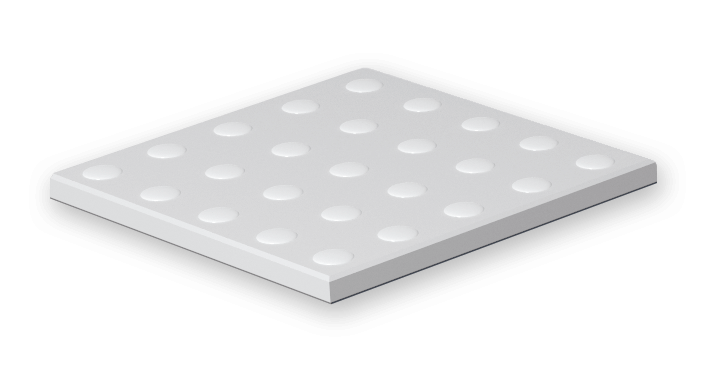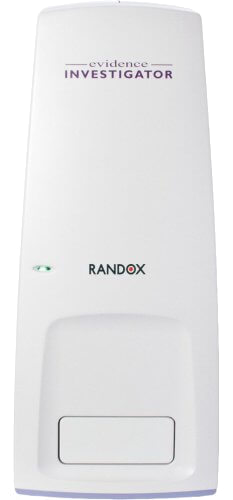Solutions
keyboard_arrow_downServices
keyboard_arrow_downSupport & Resources
keyboard_arrow_downCompany
keyboard_arrow_downContact
Get in touch to discover more
To find out more about the Colorectal Cancer, enquire now.
Early Multiplex Detection of Colorectal Cancer from a Single Sample
search_check_2 Individualised treatment based on mutational profiling for metastatic colorectal cancer (mCRC) patients with the discovery of mutant KRAS status and resistance to EGFR antibodies
search_check_2 Innovative PCR priming technology permits high discrimination between multiple wild type and mutant DNA regions in the KRAS, BRAF or PIK3CA genes
search_check_2 Simultaneously detecting 20 point mutations within the KRAS, BRAF and PIK3CA genes for rapid patient profiling
search_check_2 Detection of BRAF V600E mutation aids targeted drug treatment
search_check_2 Combination of multiplex PCR and Biochip array hybridisation to enable enhanced specificity
search_check_2 Suitable for use on the Evidence Investigator, a semi-automated analyser identifying multiple targets in under 3 hours
The Randox KRAS, BRAF, PIK3CA Array is based on a combination of multiplex PCR and biochip array hybridization for high discrimination between multiple wild‑type and mutant DNA regions in the KRAS (mutations in codons 12, 13 and 61), BRAF (V600E mutation) and PIK3CA (mutations in codons 542, 545 and 1,047) genes. Providing there are enough copies of DNA present, ~1% of mutants can readily be detected in a background of wild‑type genomic DNA. A unique primer set is designed for each mutation target (and control), which will hybridize to a complementary discrete test region (DTR) on the biochip array. Each DTR corresponds to a particular mutation target.

| Mutation | Base Change |
|---|---|
| Mutation: V600E | Base Change: GTG>GAG |
PIK3CA
| Mutation | Base Change |
|---|---|
| Mutation: E542K | Base Change: GAA>AAA |
| Mutation: E545K | Base Change: GAG>AAG |
| Mutation: H1047R | Base Change: CAT>CGT |
| Mutation | Base Change |
|---|---|
| Mutation: G12R | Base Change: GGT>CGT |
| Mutation: G12D | Base Change: GGT>GAT |
| Mutation: G12C | Base Change: GGT>TGT |
| Mutation: G12S | Base Change: GGT>AGT |
| Mutation: G12V | Base Change: GGT>GTT |
| Mutation: G12A | Base Change: GGT>GCT |
| Mutation: G13D | Base Change: GGC>GAC |
| Mutation: G13C | Base Change: GGC>TGC |
| Mutation: G13R | Base Change: GGC>CGC |
| Mutation: Q61K | Base Change: CAA>AAA |
| Mutation: Q61L | Base Change: CAA>CTA |
| Mutation: Q61R | Base Change: CAA>CGA |
| Mutation: Q61H1 | Base Change: CAA>CAC |
| Mutation: Q61H2 | Base Change: CAA>CAT |
| Mutation: A146T | Base Change: GCA>ACA |
| Mutation: A146P | Base Change: GCA>CCA |
The Evidence Investigator
The Randox KRAS, BRAF, PIK3CA array has been developed for the Evidence Investigator, a semi-automated benchtop immunoassay analyser.
This array simultaneously detects 20 mutation points within the KRAS, BRAF and PIK3CA genes. This assay may further aid the selection for CRC patients suitable for EGFR monoclonal antibody therapy. Whilst designed for colorectal cancer, the array has implications for mutation screening in other cancer types.



